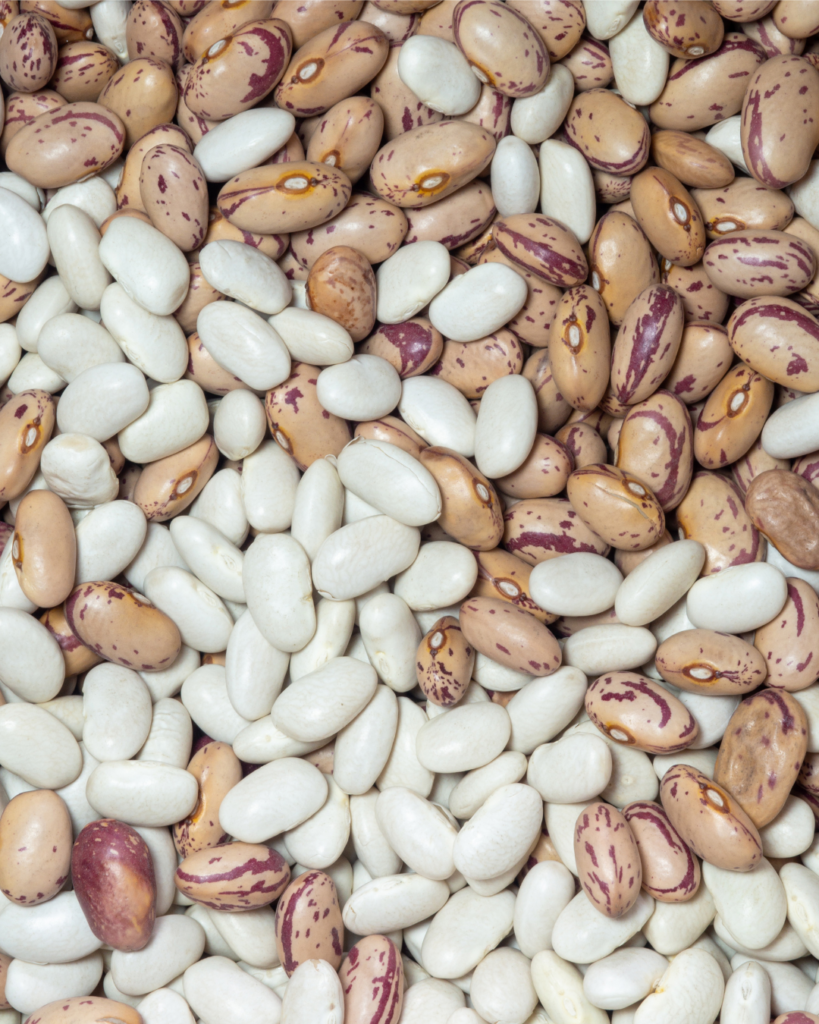Our health and well-being depend on a variety of factors – and one of the most important is our diet. However, it’s not only macronutrients like proteins, fats, and carbohydrates that play a role, but also the so-called micronutrients. These tiny but extremely important nutrients are essential for numerous processes in the body. But what exactly are micronutrients, why are they so important, and what happens when they are deficient?
What are Micronutrients?
Micronutrients are nutrients that our body needs to function properly. Unlike macronutrients, which mainly provide us with energy, micronutrients serve a variety of functions in the body that are vital for bodily functions.
Micronutrients are divided into two main categories:
- Vitamins: These are organic compounds that support many metabolic processes. Some of the most well-known vitamins include Vitamin A, C, D, E, and the B-vitamins.
- Minerals and trace elements: These are needed in very small amounts but are responsible for numerous essential bodily functions. While minerals are found in larger quantities in the body, trace elements are also minerals but are only needed in very small amounts. Some examples include calcium, iron, and magnesium.
Here are some examples of the important functions in the body:
- Immune System: Many vitamins and minerals, like Vitamin C, D, and zinc, play a central role in supporting and strengthening the immune system. They help the body fight off pathogens and prevent infections.
- Energy Production: B-vitamins are crucial for converting food into energy. Without them, our body couldn’t “refuel” properly or carry out its daily tasks.
- Bone Health: Minerals like calcium and Vitamin D are critical for strong bones and teeth. A deficiency in these micronutrients can lead to bone issues such as osteoporosis.
- Skin and Hair: Some micronutrients like Vitamin E and zinc are important for healthy skin and shiny hair. They promote cell regeneration and protect against harmful environmental influences.
- Blood Formation and Oxygen Transport: Iron and B-vitamins like B12 and folic acid are necessary for the formation of red blood cells, which are responsible for transporting oxygen throughout the body. A deficiency in these micronutrients can lead to anemia.
- Nervous System: Micronutrients like Vitamin B6, B12, and magnesium are vital for the function of the nervous system. They support the transmission of signals between nerve cells and contribute to mental clarity and emotional stability.
What Happens with Micronutrient Deficiencies?
A deficiency in micronutrients can cause a variety of health problems. Since these nutrients are essential for numerous body functions, their deficits can lead to significant disruptions throughout the body. Here are some common micronutrient deficiencies and their effects:
- Vitamin D Deficiency:
Symptoms: Fatigue, muscle weakness, bone and joint pain, increased susceptibility to infections, mood swings. - Vitamin B12 Deficiency:
Symptoms: Fatigue, weakness, concentration issues, numbness, memory problems. - Iron Deficiency:
Symptoms: Pale skin, heart palpitations, fatigue, dizziness, shortness of breath during physical exertion. - Magnesium Deficiency:
Symptoms: Muscle cramps, sleep disturbances, nervousness, increased stress. - Zinc Deficiency:
Symptoms: Hair loss, skin problems, slower wound healing, reduced sense of taste. - Folic Acid Deficiency:
Symptoms: Fatigue, weakness, irritability, pale skin. - Vitamin C Deficiency:
Symptoms: Weakness, gum bleeding, poor wound healing.
How Can Micronutrient Deficiencies Be Prevented?
The best strategy for preventing micronutrient deficiencies is a balanced, varied diet. Here are some tips:
- Eat a colorful variety of foods: Fresh fruits and vegetables, whole grains, legumes, nuts, seeds, and healthy fats provide a wide range of micronutrients.
- Pay attention to fat-soluble vitamins: Vitamins like A, D, E, and K are fat-soluble and are better absorbed when combined with healthy fats like olive oil, flaxseed oil, or avocado.
- Avoid highly processed foods: These often contain few micronutrients and are also high in sugar, salt, and unhealthy fats.
- Take supplements if necessary: In some cases, supplementation may be beneficial. But always consult your doctor about this. For example, if you regularly take medications, have chronic illnesses, or experience high stress, micronutrients are used up more quickly. Be sure to seek proper advice. Many practices now specialize in testing all nutrients in the blood and can uncover deficiencies.
In my cookbook “a good day to cook”, you get, as an extra, a food chart that lists which plant-based foods contain specific nutrients. If you have a specific deficiency, you can also counteract it with the right foods. I am currently working on a separate one for my shop that I will make available for download. You can print it out and hang it on your fridge until you get the hang of it! 🙂

